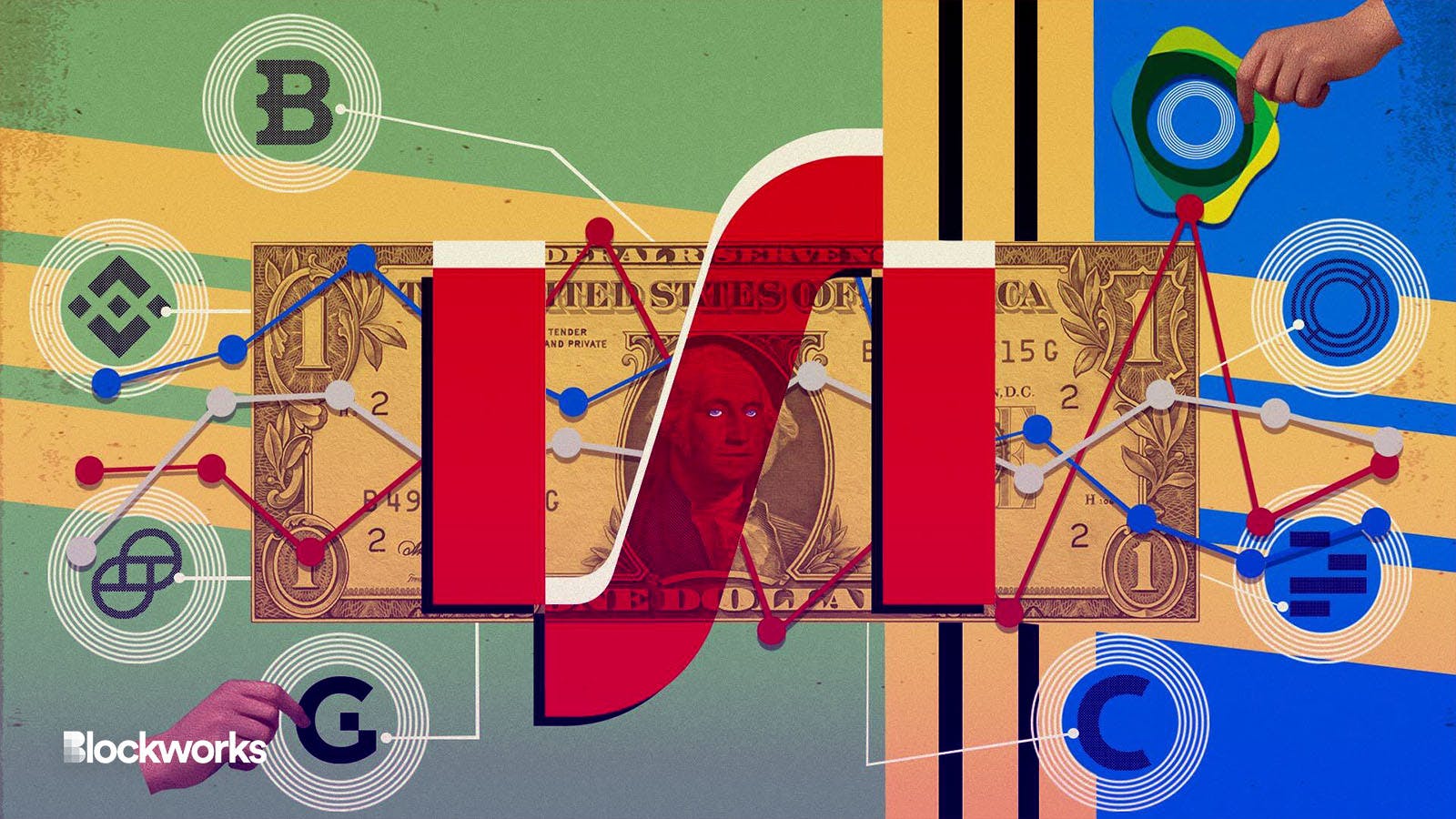No More SEN. Now What?
With regulatory headwinds, US banks are probably not making payments systems a priority

Artwork by Axel Rangel, modified by Blockworks
After Silvergate’s March 1 revelation to regulators that it’s in trouble, crypto companies took a step back.
Analysts and investors are wondering how the industry will pivot without a key access point to the traditional banking system.
Coinbase, Paxos and Galaxy Digital are among those that severed ties with Signature in the past week.
Silvergate, a California-based bank dealing with crypto since 2013, shuttered its exchange network, SEN, Friday, leaving many exchanges, market makers and investors unable to move money. Earlier in the week, the bank said in a regulatory filing it could soon be “less than well capitalized.”
“SEN served as one of the only fiat payment rails in the crypto industry and without it liquidity could suffer,” research analysts from Kaiko wrote in a note Monday. “Specifically, it will become harder to quickly deploy fiat capital via exchanges.”
One of the only alternatives for crypto firms appears to be Signature Bank, a New-York based operation that just months ago revealed plans to limit its crypto exposure. In December 2022, Signature said it planned to offload up to $10 billion in deposits related to crypto.
In its 2023 mid-first-quarter update, Signature said its spot deposit balances through January and February had dropped $826 million, “driven by the deliberate decline in digital asset client related deposits of $1.51 billion.”.
But now, Silvergate’s troubles could make Signature pivot in a new direction if there is market share up for grabs. Signature’s SEN-like product is Signet, a 24/7 payments network available to commercial clients only.
“Post Silvergate, it’s evident that institutions and centralized exchanges are actively seeking new banking partners,” Eric Chen, CEO and co-founder of Injective Labs, said. “While the shift is ongoing, it’s worth noting that public statements suggest Signature may be one of the immediate beneficiaries of these events.”
Another crypto-friendly bank may be stepping on to the scene soon — this time from outside the US. London-based BCB Bank said Monday it would be accelerating plans to add US-dollar payments in the wake of Silvergate. BCB already has a SEN-like settlement system today, but it can only process euros, British pounds and Swiss francs.
Other options exist, Robert Quartly-Janeiro, chief strategy officer at Bitrue, said, but it’s unclear if they are substantial enough to take Silvergate’s place.
“Whilst Signature Bank, BVNK, and Fiat Republic, amongst others, remain alternatives, in some cases they won’t be enough if you look at Binance and Kraken’s dealings with Signature in recent times,” Quartly-Janeiro said. “In some ways there’s a big opportunity for a new player to emerge or be formed – that’s quite exciting.”
Still, Silvergate’s departure leaves a significant gap in the market right now, Cody Carbone, vice president of policy at the Chamber of Digital Commerce, said.
“We’re still very early, and I think it’ll take some time and regulatory guardrails before more banks offer SEN-like products, but the demand is there to have quicker, 24/7 banking,” Carbone said. “I don’t think anyone is coming to the rescue anytime soon.”
The regulatory headwinds crypto companies are facing, particularly in the US, make it hard to have anything else take priority, Carbone said.
Silvergate’s situation comes amid a tumultuous time for crypto banking. In what many have dubbed “operation choke point,” industry members say there has been a concerted effort to keep crypto companies isolated from the banking system.
“[Bitfury CEO] Brian Brooks put it best…the point of a bank and banking regulation is not to keep risk out of the market, it is to provide a safe and secure place for those risks to be contained,” Carbone said. “My hope is that as public interest in crypto increases, so will bank activity to adhere to customer demands.”
Get the news in your inbox. Explore Blockworks newsletters:
- The Breakdown: Decoding crypto and the markets. Daily.
- 0xResearch: Alpha in your inbox. Think like an analyst.






